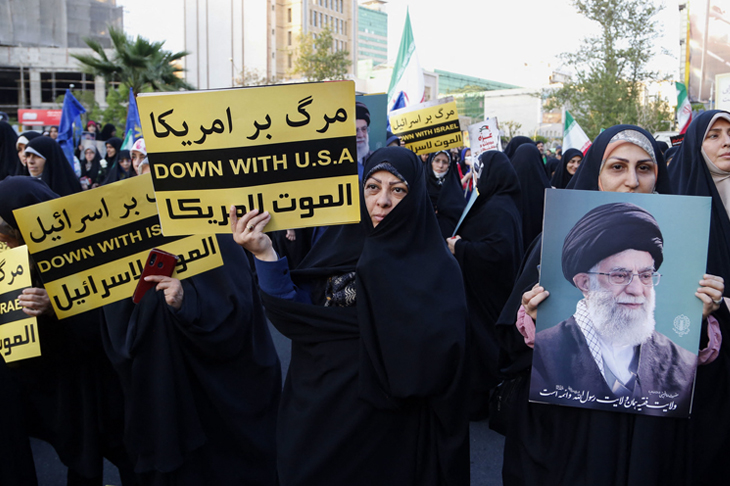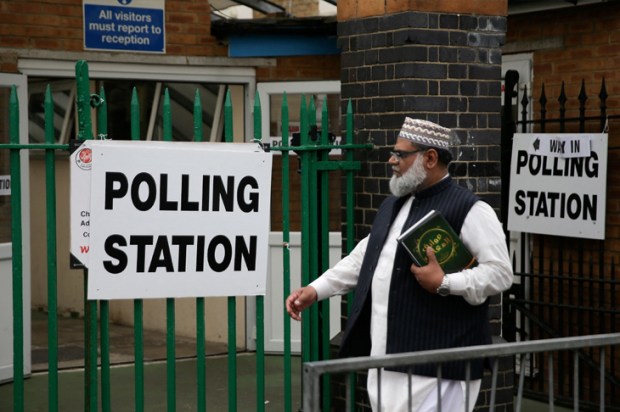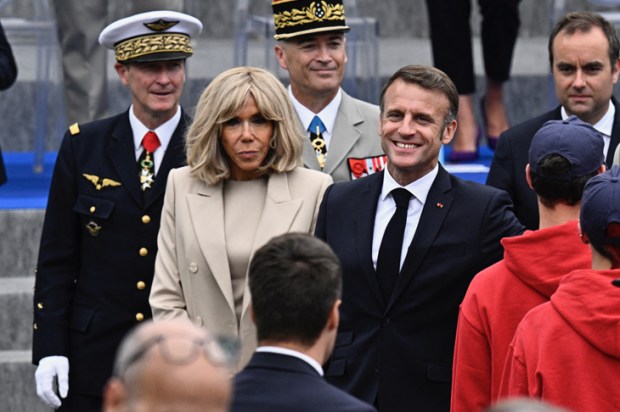As Israelis bunkered down in their bomb shelters last Saturday, even the grim prospect of approaching Iranian cruise missiles couldn’t suppress the Jewish sense of humour. Long-time Israel correspondent and author Matthew Kalman tweeted, ‘First direct flights from Iran to Israel since 1979’. As it became clear the drones would not reach their destination for hours, Israelis shared a meme suggesting dishes to prepare while awaiting the projectiles; 12 minutes for a ballistic missile? Just enough time to make a sandwich.
Already a subscriber? Log in
Subscribe for just $2 a week
Try a month of The Spectator Australia absolutely free and without commitment. Not only that but – if you choose to continue – you’ll pay just $2 a week for your first year.
- Unlimited access to spectator.com.au and app
- The weekly edition on the Spectator Australia app
- Spectator podcasts and newsletters
- Full access to spectator.co.uk
Unlock this article
You might disagree with half of it, but you’ll enjoy reading all of it. Try your first month for free, then just $2 a week for the remainder of your first year.














Comments
Don't miss out
Join the conversation with other Spectator Australia readers. Subscribe to leave a comment.
SUBSCRIBEAlready a subscriber? Log in